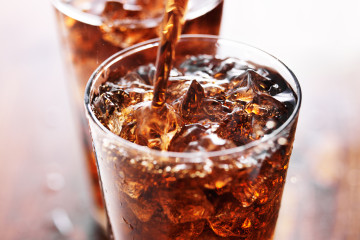

ATLANTA (June 10, 2013) — A new review in the summer 2013 edition ofUS Endocrinology found that low-calorie sweeteners can be used to both help prevent and manage Type 2 diabetes. The study,”The Role of Low-calorie Sweeteners in Diabetes,” examined the role between excess weight gain and management and prevention...
Read More
ATLANTA (June 7, 2013) — Findings presented in a study on diet soft drink consumption and the risk of developing diabetes in Japanese men is critically flawed. This study does not prove that drinking diet beverages leads to diabetes; moreover, it is a study of only associations – no actual clinical testing...
Read More
Carbohydrates typically provide the major energy contribution to our diet. The consumption of carbohydrates leads to rises in blood sugar or blood glucose and the nature of this rise in blood sugar, known as the glycemic response, has important implications for all of us. Reducing the size and duration of...
Read More
ATLANTA (August 1, 2012) — Drinking diet soda could increase the amounts of a hormone that has been previously shown to be beneficial for people with diabetes when it comes to appetite and insulin secretion. The study, recently published in Diabetes Care, looked at the effect of diet soda on...
Read More
ATLANTA (March 30, 2012) — The findings presented in the "Dietary patterns matter: diet beverages and cardiometabolic risks in the longitudinal Coronary Artery Risk Development in Young Adults (CARDIA) Study" confirm what previous studies have shown about the importance of total diet, but fail to show that beverages sweetened with low-calorie sweeteners...
Read MoreATLANTA (April 27, 2011) – New research demonstrates that the consumption of diet soft drinks is not associated with an increased risk of type 2 diabetes observed in a long-term follow-up study. The study, published in the May issue of the American Journal of Clinical Nutrition, adds weight to the...
Read More